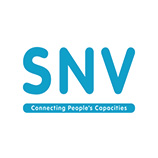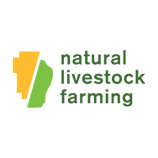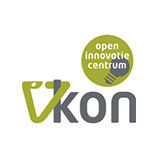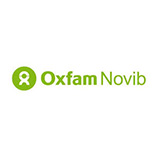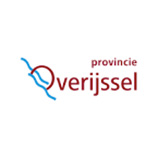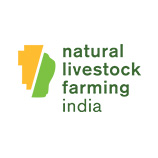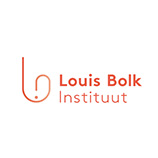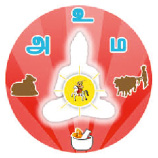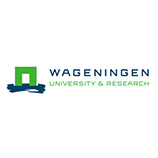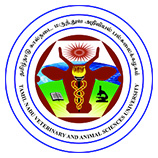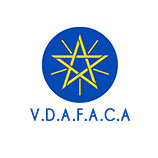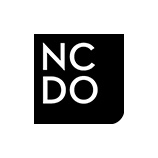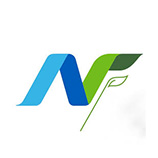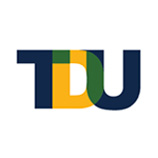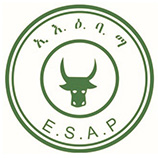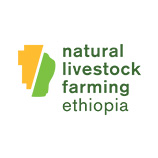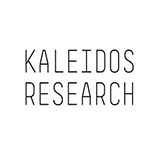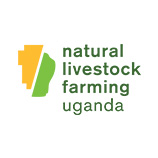Why is Natural livestock farming important?
Experience has shown that dairy intensification and long-term cross breeding programs may affect the health condition of dairy cattle. With high levels of HF blood the animal’s ability to withstand high temperatures and other climatic factors is reduced, as well as the ability to withstand (temporary) lack of adequate food and housing conditions. As a result production goes down, mastitis and other diseases as well as infertility become more frequent, and calf mortality increases. Farmer income goes down due to increased cost of treatment as well as loss of production. Due to the increased use of medication milk becomes affected with residues of various chemicals, putting at risk the trust of the urban population in local products.
Depending on the local conditions and the cattle keeping system, specific challenges also arise. Clear examples are cattle affected by worms, ticks and tick-borne diseases in the case of grazing system; in a smallholder zero-grazing system the problems tend to be related to mastitis, hoof problems, wounds and infertility. Cattle health problems do not only arise in smallholders systems; in intensive dairy farming cattle health is also affected by mastitis, hoof problems and calf scour. Even in moderate climates tick infections and tick borne diseases are on the rise due to climate change.
The exchange and training programs are designed for dairy farmers, veterinarians and others in the dairy sector to find ways to handle specific local cattle health problems through natural livestock farming strategy. This includes the use of herbs (in feed, grassland or as a herbal remedy), breeding strategies, as well as housing and feeding improvements. Experience has shown that exchanges between dairy farmers from different countries with similar problems can be extremely effective.
The Exchange and Training programs
Dutch Farm Experience is the leading company organizing exchange and training programs with the Natural Livestock Farming (NLF) network on challenges related to sustainable dairy farming and milk quality. An important focus is on the improvement of milk quality by improving cattle health and reducing the use of antibiotics and other pharmaceuticals through the NLF 5-layered strategy.
The exchanges and training include proof of concept of practices, including:
- Good animal management strategies: feeding, water provision, housing, general care and animal treatment, hygiene, grassland management
- Breeding of robust animals well adapted to local conditions through (1) strategic three-way cross breeding programs, or (2) local breeds improvement programs
- Safe and effective use of medicinal plants for prevention and cure of common cattle diseases. Set up local herbal gardens, inventory of medicinal plants in the local area.
- Training on milk quality control on chemical residues
- How to improve farm income through reduced costs and stimulating direct marketing initiatives, for example with local breed products.
Pilots with these strategies have been done in India, Ethiopia and the Netherlands, showing excellent results and proof of concept. Exchanges to these countries can be organized.
interested? Contact us to discuss the possibilities.
Due to the COVID crisis the tailor made tours have have ceased, just like the international dairy support and the exchange programs. Dutch Farm Experience is active, however, and available for on-line training events.
Related articles:
Natural Livestock Farming 5-layered strategy to reduce the use of antibiotics in dairy farming
Natural Livestock Farming (NLF) is the organization continuously engaged in knowledge exchange programs for reduced use of antibiotics and other chemicals in dairy farming. Dutch Farm Experience is one of the organizations spearheading the international NLF network, which strategically combines knowledge from the Netherlands, India, Ethiopia and Uganda.
International symposium: Green solutions for reducing antibiotics, 1 October 2015
This symposium will highlight the current state of knowledge on the use of herbal products, as well as other green solutions, to reduce antibiotic use in dairy farming in the Netherlands, India, Ethiopia and Uganda.
Review of Evidence on Antimicrobial Resistance and Animal Agriculture in Developing Countries
This Jun 2015, Evidence on Demand, an international development information hub supported by the UK Department for International Development (DFID), published a 44-page paper identifying key evidence gaps in our knowledge of livestock- and fisheries-linked antimicrobial resistance in the developing world and documenting on-going and planned research on this topic by key stakeholders.
Herbs oust antibiotics
Because of restrictions on the use of antibiotics, livestock farmers are increasingly resorting to herbal remedies, bacterial drinks and other natural products to make and keep their animals healthy. Although there might not always be hard medical evidence, farmers sometimes get spectacular results from natural remedies.
Poor and rich people
The stories of Ugandan farmers have strengthened our resolve and enriched us. We want to commit more to biodiversity over here, on our own cold mudflats.
More balance, less antibiotics – India exchange visit 2015
The Dutch delegation is, due to the demand of antibiotic reduction, highly interested in this vision and searching for a more natural way to treat livestock.
Zebras and antibiotics
Ankole cattle in Uganda sprayed with a type of insecticide against ticks. Indian herbal recipes could be an environmentally friendly alternative!
Dutch delegation visited Ethiopian State Minister for Livestock Development
the delegation discussed that there may be more ways to reach the required food security.
Dutch-India dairy training event
The topic of this exchange meeting is healthy milk production, free of antibiotics and other chemicals, through an integrated cattle management approach and the use of medicinal plants
Exchange project on dairy farming taking off!
Several institutes, including Overijssel regional government, are co-financing the exchange. Aim of the program: to reduce antibiotic use & improve animal health in dairy farming


